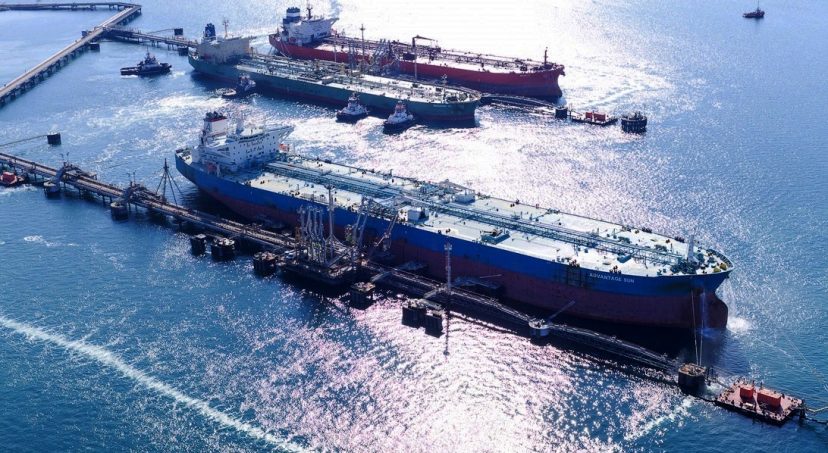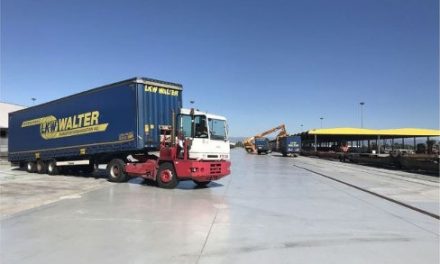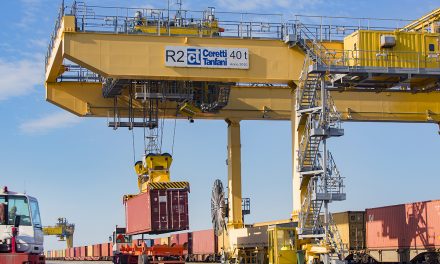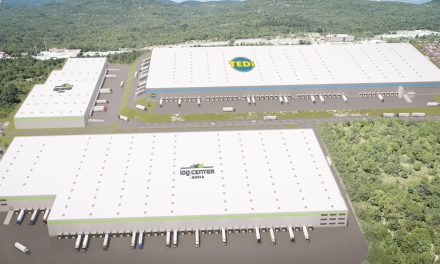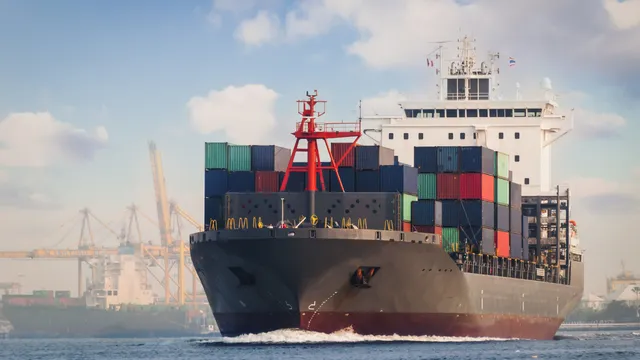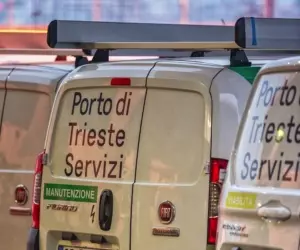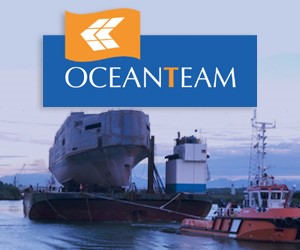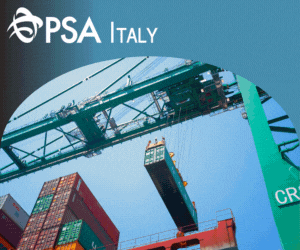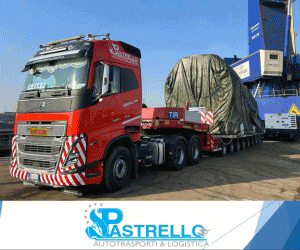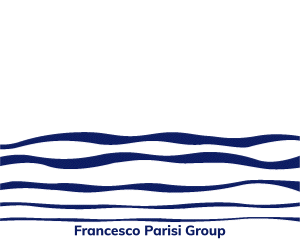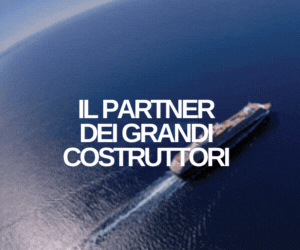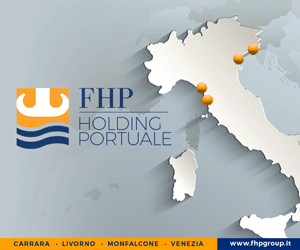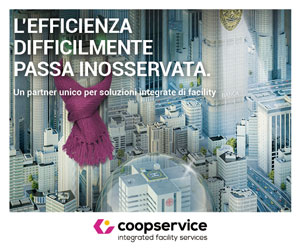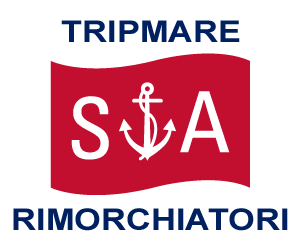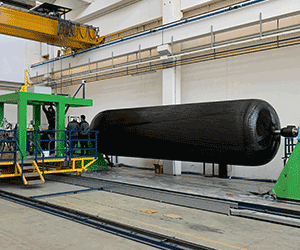TRIESTE – If it wasn’t an alarm, it’s not far off. The theme was that of the much-vaunted ecological transition. The president of Siot (Italian Society for the Transalpine Pipeline), Alessio Lilli, brought everyone back to earth with costs.
«Within ten years, Trieste will land 20 million tons less of crude oil». Not a hypothetical scenario, explained Lilli, but something destined to become a reality: just a matter of time. The race towards decarbonisation will have its consequences, also for the Port of Trieste. The port of Friuli Venezia Giulia is the first in Italy in terms of tons of cargo, thanks to the crude oil of Siot, a company of the Tal Group. An entity that provides the territory with respectable economic results, repercussions that a recent Siot study calculated at around 200 million euros a year.
«In 10 years, will the port have developed any alternative?» asked Lilli today to the audience of the panel included in the program of the Barcolana sea summit. The series of meetings was organised as part of the Barcolana, the world’s most popular sailing regatta that – weather permitting – will be held in Trieste on Sunday, October 10.
“Innovating ports to innovate cities” was the theme chosen this morning to discuss new energy sources with the participation, in addition to Lilli himself, of Zeno D’Agostino (president of the Port Network Authority of the Eastern Adriatic Sea), Paolo Emilio Signorini (president of the Port Network Authority of the Western Ligurian Sea), Vincenzo Vitale (FVG Maritime Director), Cristian Acquistapace (Snam Group), Maurizio Maresca (president Alpe Adria) and Roberto Gasparetto (AcegasApsAmga-Group Hera).
Following Gasparetto’s speech, Alessio Lilli, also general manager of TAL Group, highlighted a proposal, already examined by the University of Trieste, concerning energy and ships moored in the port of Trieste.
«There is much talk about electrification of the docks, but I hear little about the issue in biunivocal terms. Ships, it has been said, can consume up to 1/6 of the city’s output. But they can also produce this energy. We have to imagine ships as power plants – said Lilli- arriving in our ports». At current costs, the manager added, it is difficult to imagine ships buying energy when they are at the dock. Diesel fuel is still very affordable. «But,» concluded Lilli, «it can be convenient for the ship to provide energy, especially at peak times».
Siot, Lilli: «Within ten years in Trieste 20 million tons of crude oil less».
